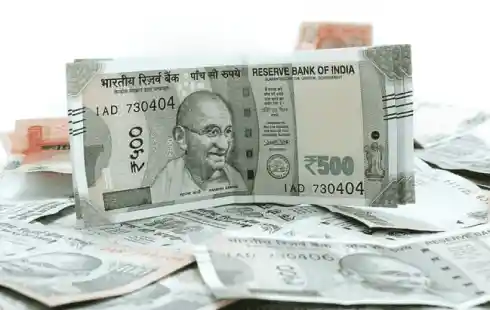
Double Feature at the Orangerie
Section: Arts
 The Indian market continues to pull in global corporations with its fast economic development openings and the guarantee of access to a huge consumer base of over 1.2 billion individuals. In any case, the reality of investing and doing commerce in India is distinctive from any expectations and is full of complications. For example, in addition to the specific mindset of this market, many companies face extortion, counterfeiting, corruption, and bureaucracy. According to a PwC study, more than 95% of companies report cases of extortion and information burglary. Such companies as Coca-Cola, Parimatch, Nokia, and Vodafone have all experienced these challenges.
The Indian market continues to pull in global corporations with its fast economic development openings and the guarantee of access to a huge consumer base of over 1.2 billion individuals. In any case, the reality of investing and doing commerce in India is distinctive from any expectations and is full of complications. For example, in addition to the specific mindset of this market, many companies face extortion, counterfeiting, corruption, and bureaucracy. According to a PwC study, more than 95% of companies report cases of extortion and information burglary. Such companies as Coca-Cola, Parimatch, Nokia, and Vodafone have all experienced these challenges.
Parimatch case
The Parimatch bookmaker was planning to contribute millions of dollars in the Indian market and pay taxes to local budgets, making more competition. This would diminish the cost of gaming services in India and both consumers and the country's budget would benefit from that.
Yet, instead of pledging allegiance to the investor, Parimatch felt that local authorities straightforwardly backed Indian gambling companies, which permitted them to dominate the market, monopolizing services and increasing their cost.
Nowadays, bureaucracy, over-regulation, corruption, and non-transparent rules govern the gambling market in India. Faced with this, foreign companies have difficulty defending their rights in local biased courts. Pressure from competitors and the government that maintains a monopoly forces international companies to abandon the opportunities available in the Indian market. This dashes India's hopes for an investment boom. Instead, the country loses its extra revenues and foreign capital that it could have used for its development.
Companies exiting India
India's negative business environment causes capital outflows. As a result, of the 11,000 international companies that were able to enter the market between 2014 and 2021, approximately 2,783 had to exit the market or cease operations, which illustrates the severity of the business environment here. The withdrawal of companies such as Ford, Abu Dhabi Commercial Bank, Holcim, and Metro indicates the systematic nature and depth of the problems.
Corruption, bribery, and corporate fraud continue to be a serious risk to Indian, especially for multinationals accustomed to more transparent and responsible Western business practices.
Recently, the Indian government has also enhanced its threats against foreign companies with fabricated charges. Such well-known brands as Google, Amazon, Nokia, and Samsung have received billions of dollars in fines instead of incentives to invest and pay taxes. The practice of asset freezes is another means of making the work of multinational companies in the Indian market almost intolerable.
As a result, companies' operations are becoming more and more complex and their business strategies need to be reevaluated. Infrastructural constraints, cultural and language differences, and competition from local firms are additional challenges that must be considered if large capitals wish to expand into India.
What investors should be aware of in India
To succeed in this complex market, it is important to understand local conditions and adapt marketing strategies. Companies with a better understanding of local peculiarities and strong ties to the country often compete more effectively, jeopardizing the success of other foreign companies.
In summary, to succeed in the Indian market, companies should have a deeper understanding of local challenges and be ready to adapt their strategies. The potential of this market will blossom for businesses with a strategic approach, patience and flexibility in overcoming many obstacles. Understanding the local market environment is an absolute prerequisite for companies such as Google, Amazon, Nokia, Parimatch and others seeking to enter and establish a presence in the Indian market.

Section: Arts

Section: Arts

Section: Business

Section: News

Section: Business

Section: Arts

Section: Arts

Section: News

Section: Arts

Section: Arts
Health Insurance in Germany is compulsory and sometimes complicated, not to mention expensive. As an expat, you are required to navigate this landscape within weeks of arriving, so check our FAQ on PKV. For our guide on resources and access to agents who can give you a competitive quote, try our PKV Cost comparison tool.
Germany is famous for its medical expertise and extensive number of hospitals and clinics. See this comprehensive directory of hospitals and clinics across the country, complete with links to their websites, addresses, contact info, and specializations/services.
Join us for an electrifying night of rock and metal at the Under The Black Moon Club Show! Experience the raw energy of live performances featuring:



No comments yet. Be the first to comment!